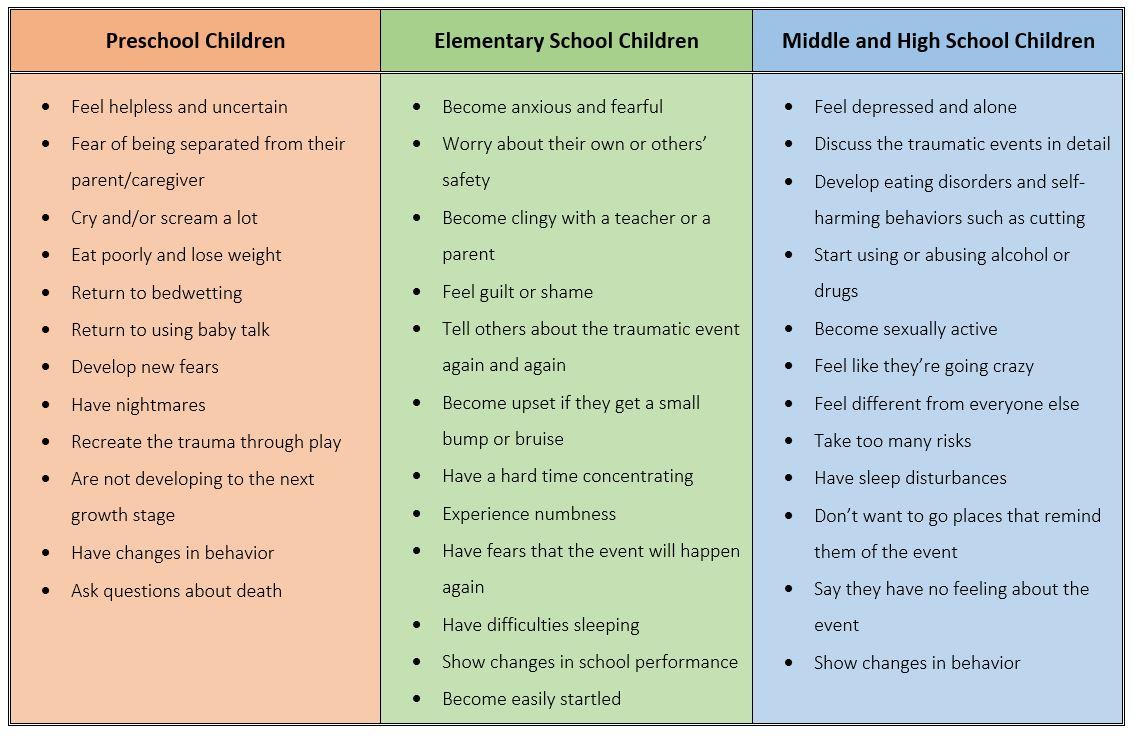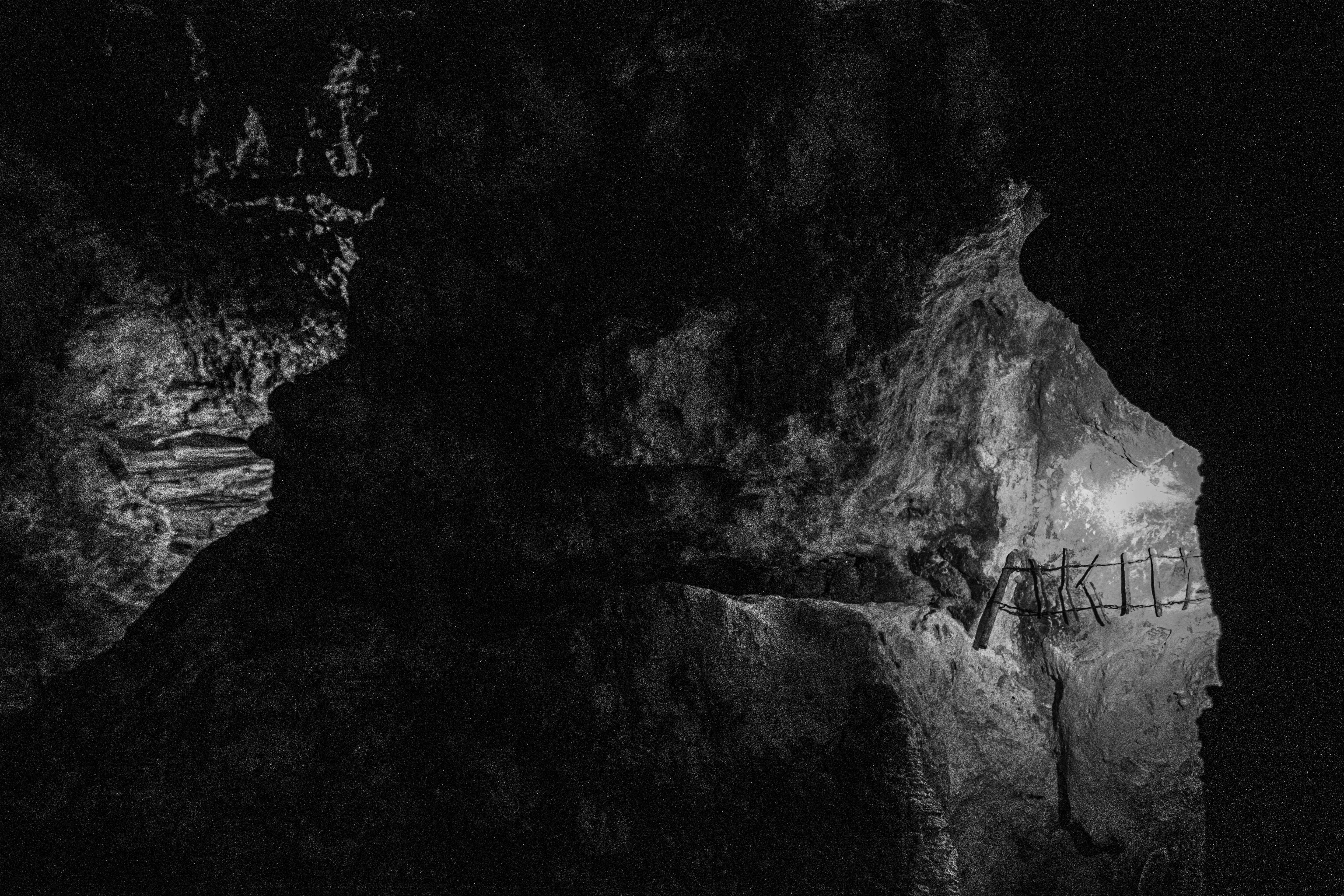In the intricate tapestry of human relationships, the threads of our past often weave patterns that subtly influence our present connections. Childhood, a time of innocence and discovery, can sometimes cast long shadows into adulthood, particularly when marked by trauma. As we navigate the complexities of adult relationships, the echoes of early experiences can manifest in unexpected ways, shaping how we love, trust, and communicate. This article delves into the profound impact of childhood trauma on adult relationships, unraveling the hidden influences that can both challenge and enrich our interactions with others. By recognizing these patterns, we can foster a deeper understanding of ourselves and those we hold dear, paving the way for healing and more meaningful connections.
Unraveling the Threads: How Childhood Trauma Shapes Emotional Bonds
Childhood trauma often casts a long shadow, subtly weaving its threads into the fabric of our adult relationships. These early experiences can shape the way individuals perceive love, trust, and connection, often manifesting in complex emotional patterns. Attachment styles formed during these formative years can influence how we bond with partners, creating either a foundation of security or a landscape of uncertainty.
- Anxious Attachment: Often seeking constant reassurance, individuals may find themselves in a cycle of dependency and fear of abandonment.
- Avoidant Attachment: A preference for emotional distance can develop, leading to challenges in expressing vulnerability or fully committing.
- Disorganized Attachment: A mix of both anxious and avoidant tendencies, this can result in unpredictable and chaotic relationship dynamics.
By recognizing these patterns, individuals can begin to understand their emotional responses and take steps towards healing. This awareness paves the way for healthier connections, where past trauma no longer dictates the rhythm of intimacy and trust.

Silent Echoes: Understanding the Subtle Signs of Past Wounds in Love
In the intricate dance of adult relationships, the whispers of past wounds often echo in subtle, yet profound ways. These silent echoes manifest through seemingly innocuous patterns that, when left unchecked, can erode the foundation of even the most loving bonds. Recognizing these signs requires a gentle, yet keen awareness, akin to listening for the faintest sound amidst a cacophony. When a partner exhibits unexplained withdrawal, a persistent need for validation, or an intense fear of abandonment, these behaviors may be rooted in unresolved childhood traumas. The past casts long shadows, and these shadows can silently dictate the rhythm of love’s dance.
Understanding these subtle signs is crucial for nurturing healthier connections. Consider the following behavioral cues that may indicate the presence of old wounds:
- Avoidance of deep emotional intimacy – A reluctance to open up fully, often stemming from past betrayals.
- Overreacting to minor conflicts – A heightened sensitivity to disagreements, which can be a remnant of childhood discord.
- Perfectionism – The need to be flawless as a defense against criticism that was once harsh and unforgiving.
- Difficulty trusting others – A constant suspicion that mirrors past experiences of broken trust.
By identifying these patterns, partners can foster a space of compassion and understanding, allowing love to heal what time alone cannot.

Building Bridges: Strategies for Healing and Growth in Partnerships
Childhood experiences shape the way individuals interact and connect in their adult relationships. The impact of childhood trauma can manifest in various ways, influencing behaviors, emotions, and the ability to form healthy partnerships. Understanding these influences is crucial for healing and growth. Here are some strategies to consider:
- Self-awareness: Recognizing and acknowledging past traumas is the first step towards healing. Understanding personal triggers and emotional responses can help in managing them effectively.
- Open communication: Establishing a safe space for honest dialogue is essential. Partners should feel comfortable sharing their past experiences and how these might affect their current relationship.
- Therapeutic support: Seeking professional help can provide valuable insights and coping mechanisms. Therapy offers a structured environment to explore past traumas and their impact on adult relationships.
- Mindfulness and self-care: Engaging in practices that promote mental well-being can aid in managing stress and emotional challenges. Activities such as meditation, journaling, and exercise are beneficial.
- Building trust: Gradually building trust through consistent actions and empathy helps in overcoming the barriers that childhood trauma may have erected.
By embracing these strategies, individuals can work towards healing past wounds and fostering a more resilient and fulfilling partnership. The journey of growth in relationships is continuous, but with patience and understanding, it becomes a rewarding path.

Creating Safe Havens: Fostering Trust and Resilience in Relationships
Understanding the intricate ways childhood trauma can manifest in adult relationships is crucial for nurturing trust and building resilience. Individuals who have faced adverse experiences early in life often carry these emotional imprints into their adult interactions, sometimes unknowingly. The scars from past trauma can shape perceptions, reactions, and expectations, potentially leading to challenges in forming secure attachments. It is vital to recognize these patterns to foster a supportive environment where healing and growth can occur.
- Communication: Open and honest dialogue can help bridge the gap between past experiences and present emotions, allowing for mutual understanding and empathy.
- Patience: Recognizing that healing is a journey, not a destination, requires patience from both partners. It’s essential to allow space for each other’s growth.
- Empathy: Cultivating empathy involves actively listening and validating feelings, which can significantly enhance emotional connections and resilience.
- Boundaries: Establishing and respecting boundaries is a fundamental aspect of creating a safe haven, enabling individuals to feel secure and valued.
By addressing these elements, couples can transform potential obstacles into opportunities for deeper connection, ultimately creating relationships that are not only resilient but also enriched by understanding and compassion.








